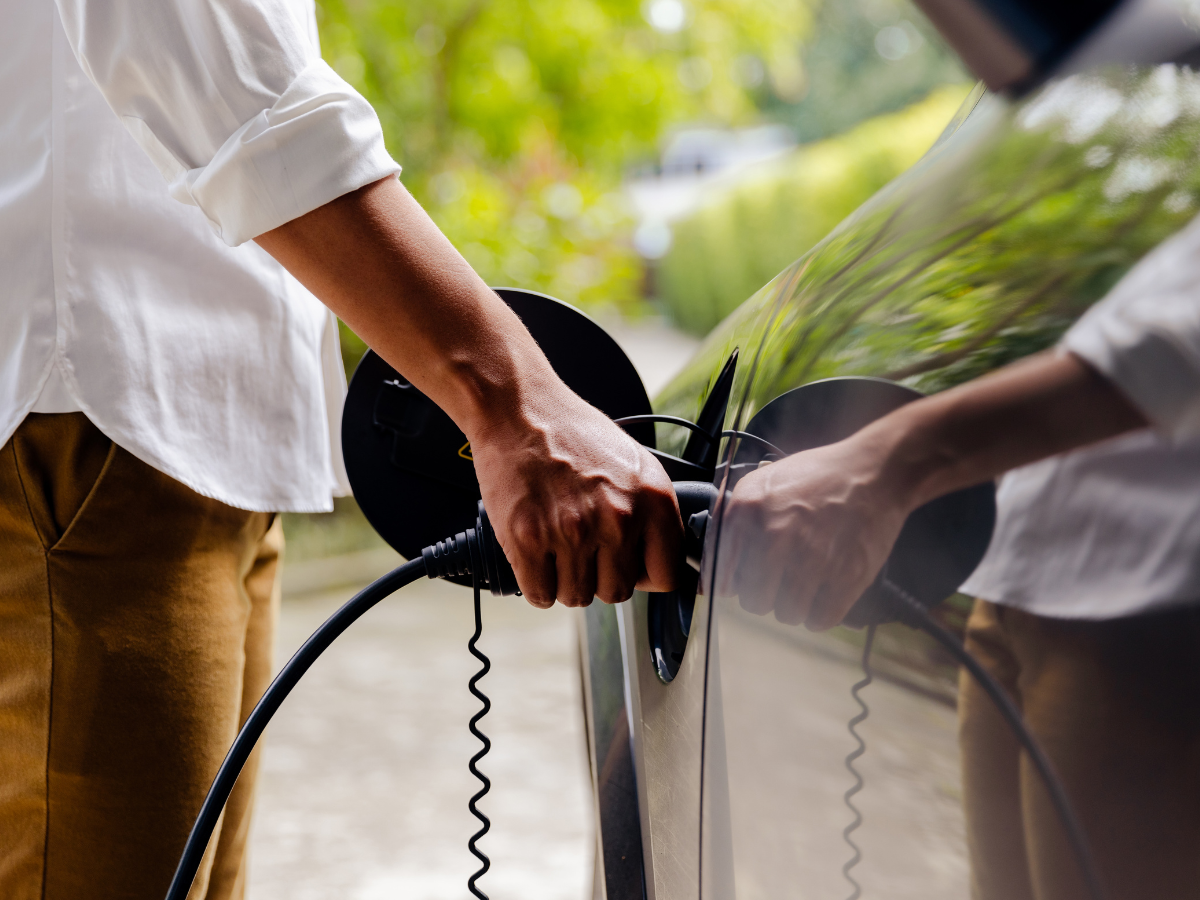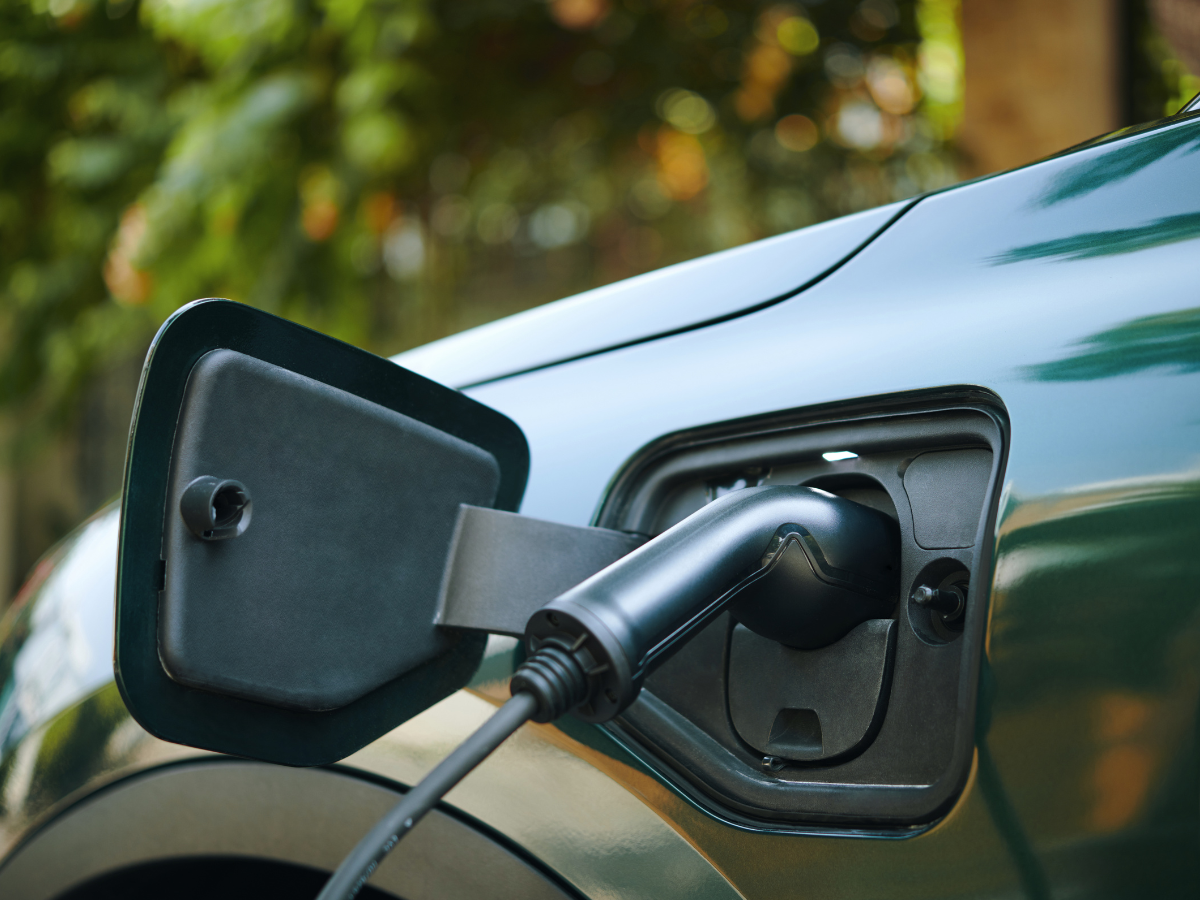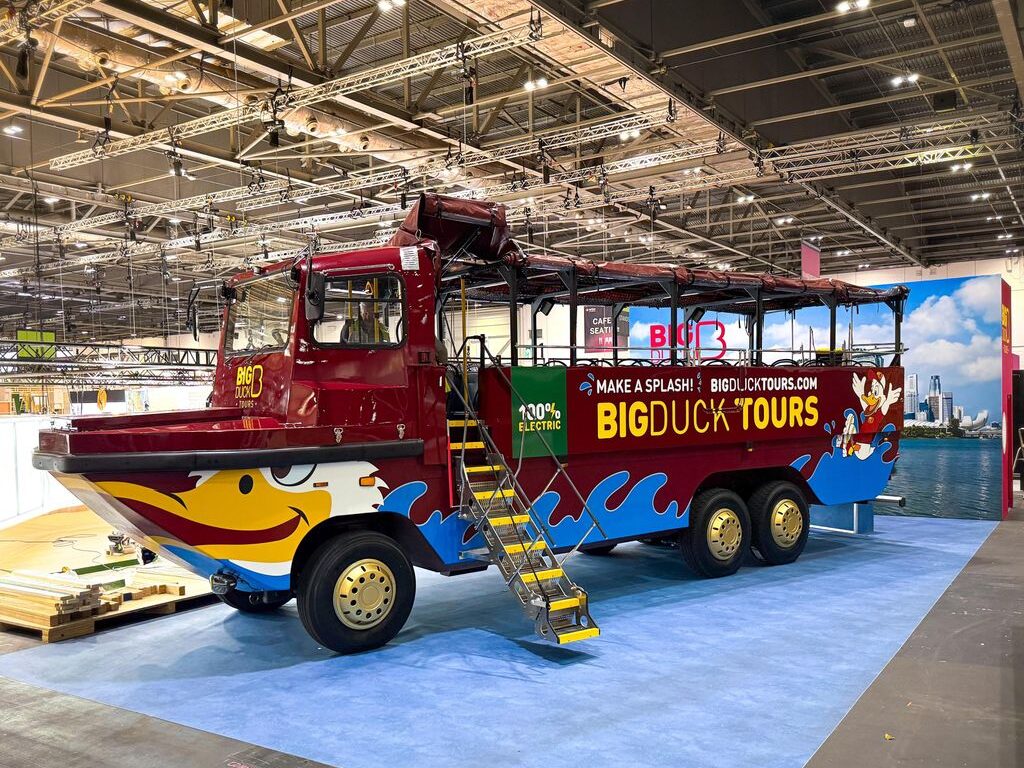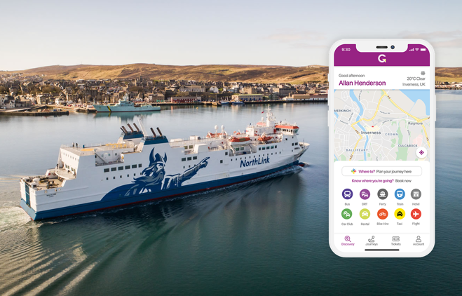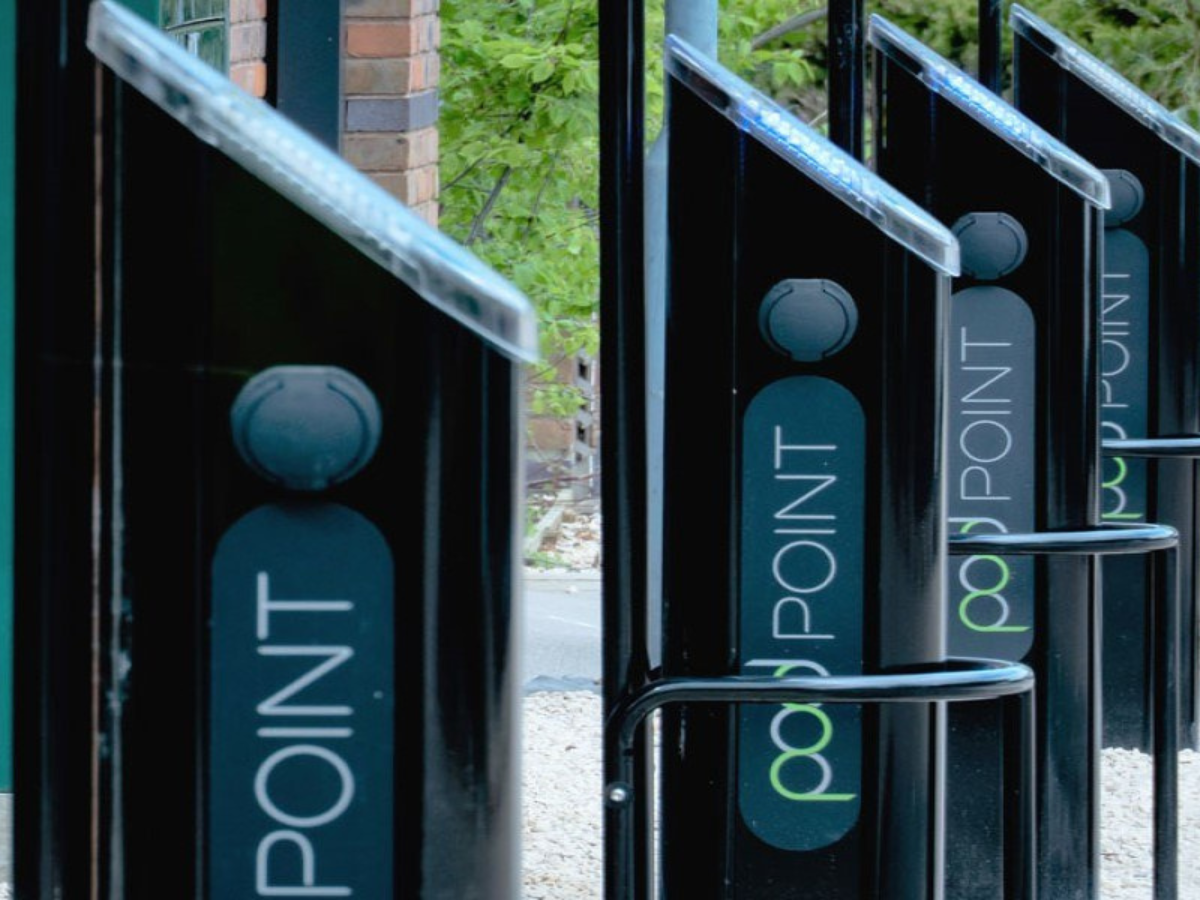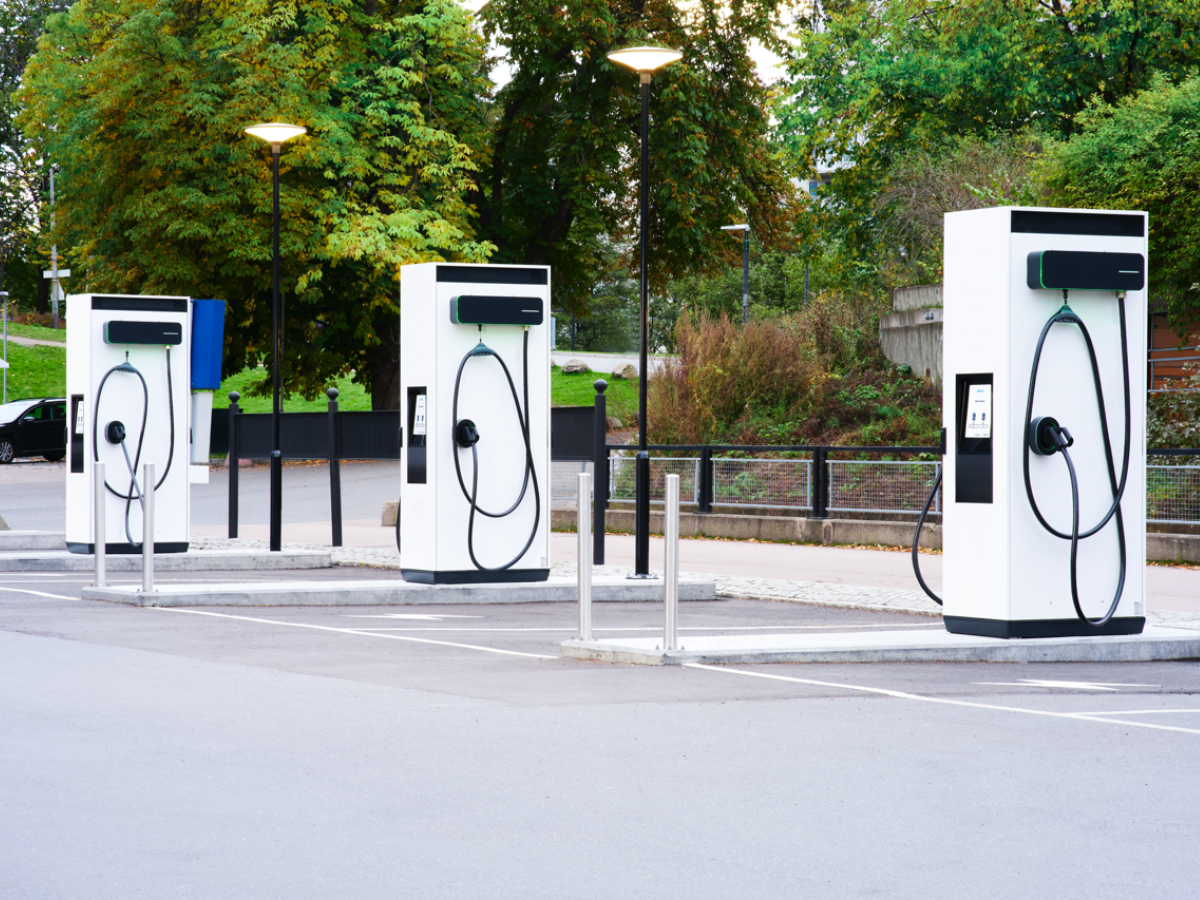Aqua superPower is leading a consortium with Indra, Cenex and the University of Plymouth to develop a UK demonstrator of bi-directional boat charging thanks to support from government funding.
This project follows on from the installation of the UK’s first marine charging network for electric vessels in Plymouth, Devon.
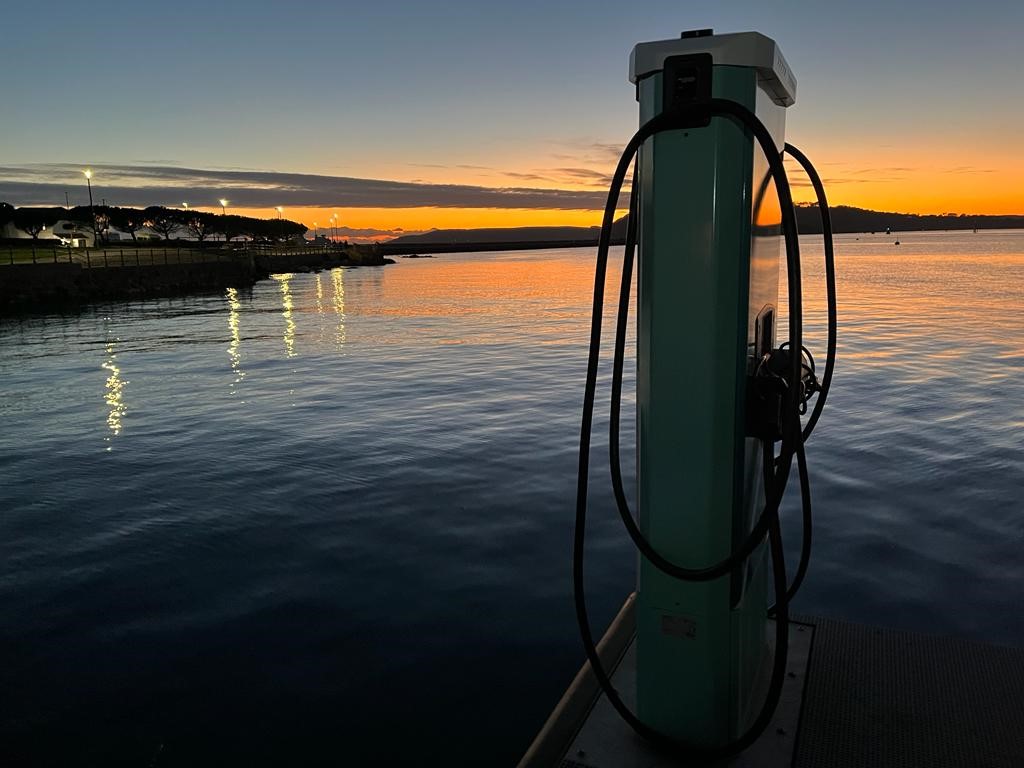
Throughout the Virtual Bunkering for Electric Vessels (VBEV) project, Aqua superPower will work with Indra, Cenex and the University of Plymouth to carry out a feasibility study for bi-directional charging infrastructure in the marine sector.
The study will also evaluate the environmental benefits of this technology in preparation for a UK demonstrator of bi-directional boat charging.
Alex Bamberg, CEO of Aqua superPower said:We are proud to have been successful in winning our second Clean Maritime Demonstration Competition project, which is evidence of Aqua superPower’s marine charging expertise and industry authority. As project lead, we look forward to working with our highly experienced consortium partners towards decarbonising the marine sector and to accelerate the transition to clean alternative propulsion systems.
The project will incorporate Indra’s experience with bi-directional charging for road vehicles.
Vehicle-to-grid (V2G) and vehicle-to-everything (V2X) technology has already demonstrated that it can effectively enable electric vehicle drivers to reduce energy costs and cut carbon emissions by accessing greater levels of renewable energy at off-peak periods and discharge energy when the grid is in high demand.
By applying this technology to the maritime industry, virtual bunkering would enable electric boat batteries to provide energy storage and grid support when not being used for propulsion.
Mike Schooling, Founder and CTO at Indra, said:This is a fantastic opportunity for us to demonstrate the exciting potential that bidirectional charging could bring to the marine sector, essentially turning ships into mobile battery storage units to help save money, carbon and the planet.
Throughout the project, the four partners will engage with electric boat builders, marina operators, boat users and the local and national grid to develop a detailed business case for a world-first demonstrator of Virtual Bunkering for Electric Vessels using bi-directional chargers.
This will be a significant step towards helping the marine sector benefit from the transition to alternative propulsion vessels.



